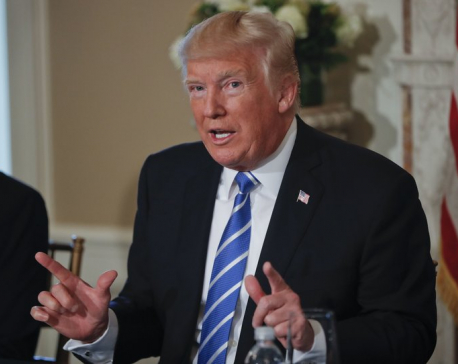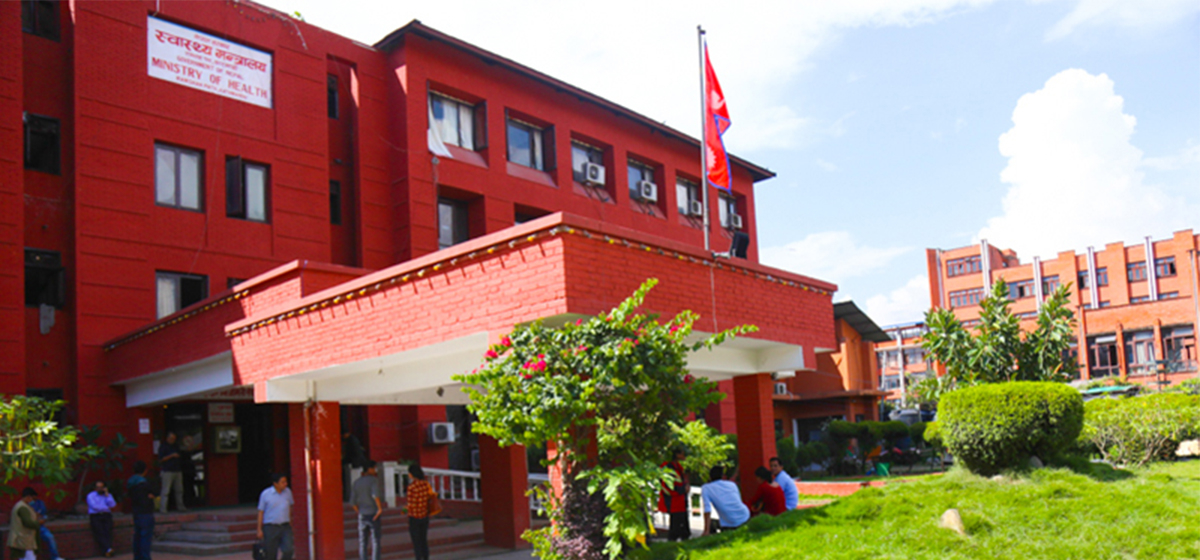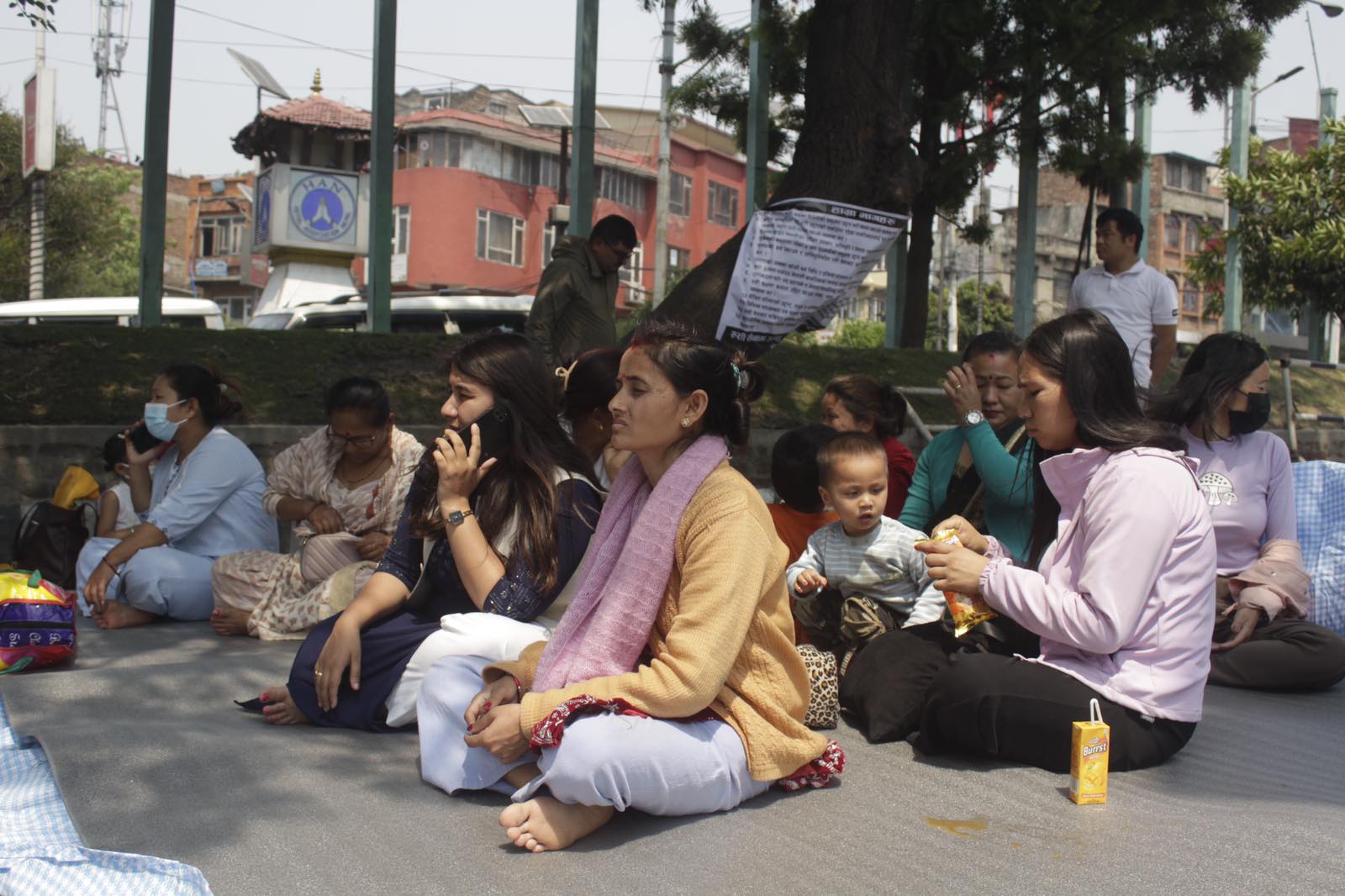
OR
As the leader who signed Mahakali Treaty with India in 1996 Prime Minister Sher Bahadur Deuba should discuss implementation of Pancheshwar Project during his India visit.
Twenty long years have passed since Nepal’s then Prime Minister Sher Bahadur Deuba and his Indian counterpart PV Narasimha Rao signed Mahakali Treaty in New Delhi on February 12, 1996 for the integrated development of Mahakali river to produce nearly 6,000 MW of electricity through the Pancheshwar Multipurpose Project, to irrigate vast tract of agricultural land and control flood in the far-western region of the country. Soon after, over two-third majorities of parliamentarians belonging to Nepali Congress, CPN-UML, Rastriya Prajatantra Party (RPP) and Sadbhavana Party (SP) ratified the treaty in Nepal and paved the way for its implementation.
Realizing the potential benefits of the treaty, it was supported by citizens, intellectuals, civil society leaders, journalists and academicians of both Nepal and India. They described the treaty as ‘historic’ development in Nepal-India development cooperation.
One of the major attractions of Pancheshwar Project was that it ensured the supply of non-polluting ‘clean energy’ round the year, which was not possible through existing sources of thermal or nuclear power plants. The project envisaged to check the depletion of forest and its resources by providing alternative sources of cheap energy to the consumers for cooking and other commercial purposes.
It raised the prospects of development of new towns, growth in education and health institutions, and opening of new industrial and commercial units in the surrounding areas in Nepal and India. The project was expected to generate massive employment opportunities for the unskilled, semi-skilled and skilled workers as well as those having most advanced scientific and technical know-how in engineering, medicine, agriculture and other fields.
Sadly, this project is in limbo today.
Detailed Project Report (DPR) of Pancheshwar Project, which was to be prepared jointly by Nepal and India within ‘six months’ after signing of the agreement, has not been completed even after 20 years. In absence of DPR, construction work, which was to be accomplished by 2002, has not even started.
So what went wrong with Pancheswar?
In terms of modality of the project, one cannot find faults. The project design was prepared not only on ‘equal footing,’ but on Nepal’s terms to ensure greater benefit to this country. Certain benefits that we were not able to extract from India in the Koshi and the Gandaki deals in the 1950s and 1960s due to the lack of our technical know-how were addressed in the Pancheshwar deal. Credit for this partly goes to Nepali negotiating team which tried to extract maximum benefits from India in power, irrigation and flood control sectors. And, part of the credit also goes to Indian side for their generous attitude towards Nepal to allow this country to benefit in project cost and other deals.
Significantly, both Nepal and India agreed to have an equal entitlement in the utilization of water of Mahakali River without any prejudice to their respective consumptive uses. The provision was made in the treaty to construct and operate power stations of equal capacity on each side of the Mahakali River with a view to sharing energy equally between the two countries. The two countries also agreed to divide the total investment cost of US$ four billion and mobilize financial resources jointly from external sources.
Had Pancheshwar Project been completed in time, Nepal would have been a different country today. Over the years, the economic cost of not implementing the project has become huge. The country lost a great opportunity to emerge as one of the leading economic powers in Asia.
And more challenging is the scenario in which India’s interest in Nepal’s hydropower sector is declining. Every other day, our bargaining power with India has been on the decline as India in the recent years has invented new sites in Arunachal Pradesh, Uttarakhand and some other Himalayan regions where it could harness its own water resources for hydropower production. On top of it, India has emerged as one of the largest producers of solar power at the global level. India is also producing nuclear energy to meet the demand for power. Because of some of these developments, India has emerged as power ‘surplus’ country. As a result, it has started exporting power to countries in its neighborhood such as Nepal and Bangladesh.
Nevertheless, India’s interest in Nepal’s hydropower sector cannot be overlooked at least for the near future for its only attraction as ‘clean’ energy. In the changing scenario, time demands that Nepal should not allow the flow of water from Mahakali or any other river to go in vain. Each second we are losing the prospect of revenue generation from the export of power to India, apart from its use in domestic applications in agricultural, industrial and other sectors.
Even amidst the gloomy situation in which we could not harness our water resources for power and other purposes, there is a silver lining. Sher Bahadur Deuba who as Prime Minister of Nepal had signed Mahakali Treaty with India in 1996 is making an official visit to New Delhi this month after twenty years as the Prime Minister. The only difference is that by the time he signed the Mahakali Treaty then, India had P V Narasimha Rao, the architect of modern India, as Prime Minister of the country. Today, it has Narendra Modi, who is a statesman with a still greater vision to benefit the neighbors. This is the best time and opportunity for Deuba to extract the maximum benefits from India for the development of Nepal, including in matters related to finalization of DPR and implementation of Pancheshwar Project. Let him make best of deal with India during his forthcoming visit to New Delhi and settle what has not been settled in 20 years.
If Prime Minister Deuba can work to implement Mahakali Treaty during his India visit, his visit will be truly historic. Deuba has obligation to do so because Mahakali Treaty was his brainchild. He should work to nurture it and let it grow.
The author is Executive Director of Centre for Economic and Technical Studies (CETS), Nepal
You May Like This

Trump: If North Korea attacks US, it ‘will regret it fast’
NEW JERSEY, August 12: President Donald Trump on Friday issued fresh threats of swift and forceful retaliation against nuclear North... Read More...

Drawing it as it is
I came up with the name Miss Moti because a friend used to call me Moti. I wanted to change... Read More...

Now implement it
Only a small segment of Nepali agriculture has been commercialized and agricultural productivity remains low ... Read More...


Just In
- In Pictures: Families of Nepalis in Russian Army begin hunger strike
- New book by Ambassador K V Rajan and Atul K Thakur explores complexities of India-Nepal relations
- Health ministry warns of taking action against individuals circulating misleading advertisements about health insurance
- UAE secures spot in ACC Premier Cup final, defeating Nepal by six wickets
- NC to boycott Gandaki Province Assembly, submits letter to Speaker
- 850 grams of gold seized from Indian national at TIA
- Rupandehi District Court orders to release Dipesh Pun on a bail of Rs 400,000
- Teachers’ union challenges Education Minister Shrestha's policy on political affiliation














_20240311121839.jpg)

Leave A Comment